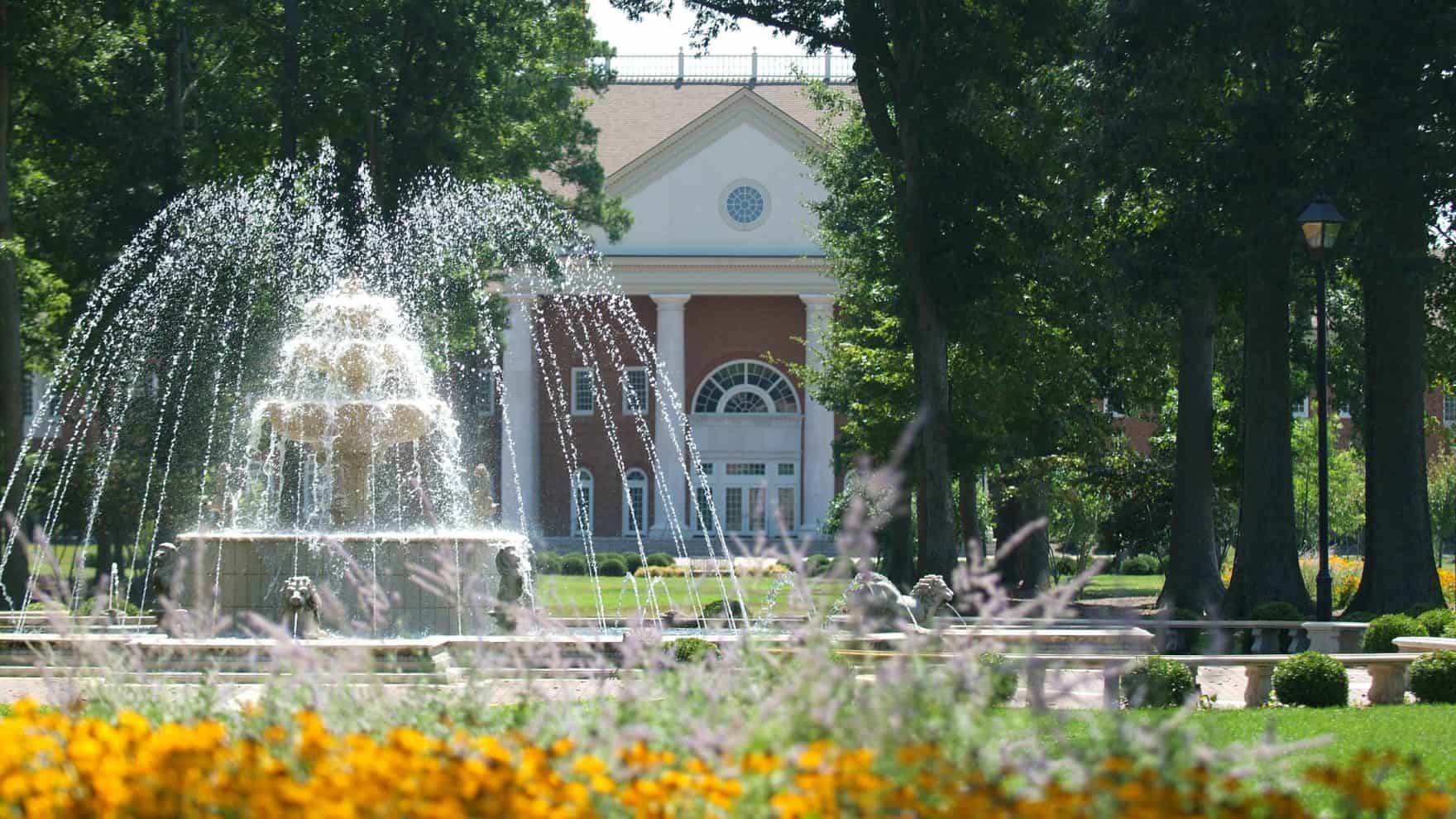
Sharing the Stories of Military Chaplains
Research shows that military chaplains are essential to the well-being of those serving in the armed forces. Research is also revealing though that the occupation has moved from being one of the healthiest to one of the unhealthiest.
https://youtu.be/NbzLTMHQcQs
“The workload is tremendous,” said Dr. Gary Roberts, Robertson School of Government (RSG) professor. “Some of them have 1,500 officers, men and their families, to whom they’re providing service. You see in any care-giving occupation, when you have such a large flock, it just creates role conflict, because you really just can’t invest the time that you would like, and it exacerbates your own self-care problems and issues.”
Roberts provided his perspective on this and spiritual intelligence as he contributed to a new book released this past summer by Dr. Eric Patterson, the school’s dean. Military Chaplains in Iraq, Afghanistan and Beyond explores what clergy in the military do beyond pastoral service. More than a dozen experts contributed to the book. Its 11 chapters span topics ranging from the chaplaincy and the War on Terror and strategic engagement to peace building, character development and occupational stress for those working as chaplains.
“It’s very important because military chaplains are sent to do a job, and there are things asked of them that they’re not trained for,” said Patterson. “That can put them in a very dangerous environment. It can put them in an environment where they make a mistake because they’re not prepared, and they can have strategic consequences.”
Some of those who contributed to the book visited Robertson Hall Friday to present their stories and findings. Among these, the value and role of faith in the armed forces strengthening soldiers and building pathways to peace.
“I served as a career army chaplain,” said the Rev. Eric Wester, director of Federal Chaplaincies in the Evangelical Lutheran Church of America. “I’m an ordained Lutheran minister. Part of my ministry was serving in the reserve and guard, and about 20 years of that was active duty as a chaplain. Late in my career, I got very interested in the role of spirituality as it connects with ethical decision-making and the personal resilience of soldiers.”
Wester says chaplains not only advise commanders about the faith make-up of their command but also provide insight on the external religious environment.
“There’s some historical content and documentation here that, without this book, is not going to be readily available outside of file cabinets at the bottom of some military base,” said Patterson.
He says these stories add value to history, providing an account of chaplains leading Islamic leaders to peacemaking talks during the height of conflict.
“Part of this book is trying to report what worked and to try to forecast a little bit about what can work in the future so we don’t have those types of moments,” said Patterson. “It’s a book not just for a narrow segment of chaplains, but some of the stories in there are just so compelling that the average reader who is interested in the wars in the past 10 years, the person who likes military history and those kinds of things, they’re going to find those chapters to be very interesting.”

